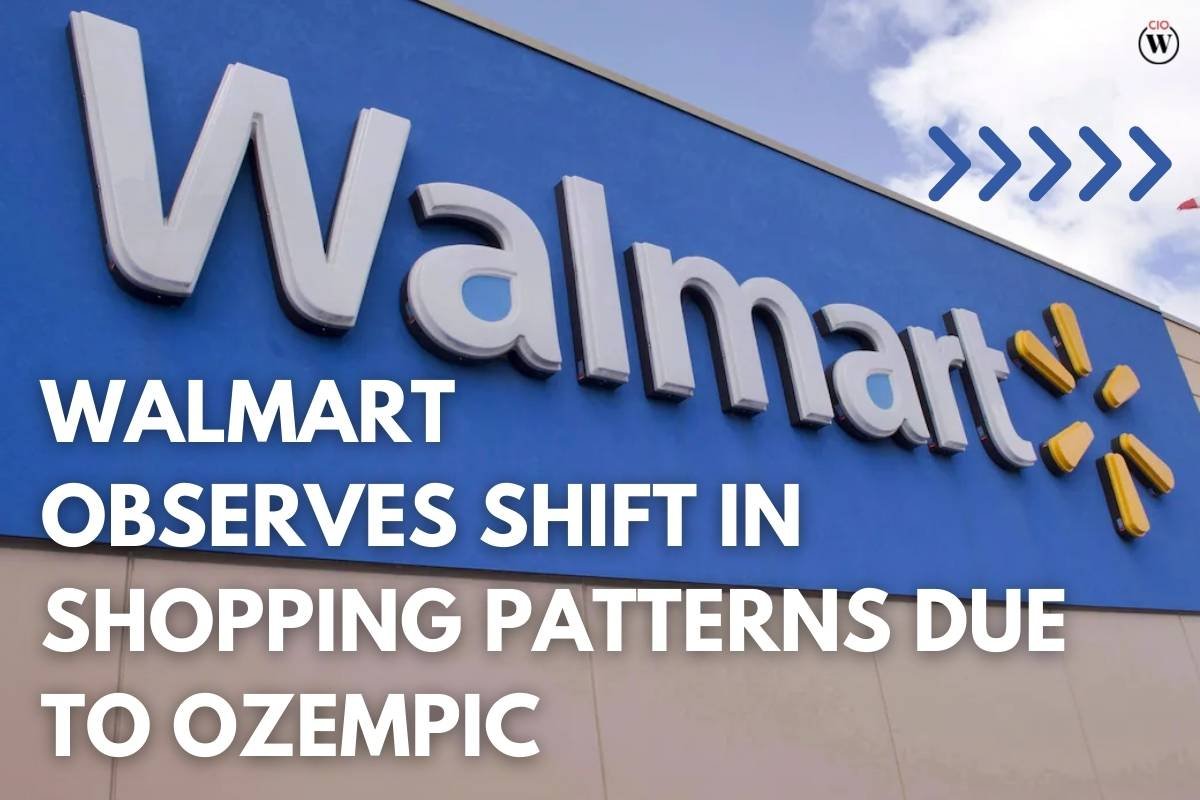Walmart Inc., the giant retail conglomerate based in Bentonville, Arkansas, has reported a noticeable impact on shopping demand linked to the use of certain diabetes and appetite-suppressing medications such as Ozempic and Wegovy. The revelation came from John Furner, the CEO of Walmart’s expansive US operations, during an interview on Wednesday. Furner explained, “We definitely do see a slight change compared to the total population, we do see a slight pullback in overall basket – just less units, slightly less calories.”
Walmart’s data analysis involves monitoring alterations in shopping behaviors using anonymized data obtained from various shopper demographics. This enables the company to scrutinize the purchasing habits of individuals taking appetite-suppressing drugs and compare them to those of individuals not using such medications. However, Furner cautioned that it is too early to draw conclusive findings regarding the effects of appetite-suppressing drugs, including those produced by Novo Nordisk A/S and similar pharmaceuticals.
The discussion around the potential economic and business implications of popular weight-loss drugs has gained momentum, with an increasing number of CEOs and investors exploring this intriguing topic. Just this week, the CEO of Kellogg Company, the manufacturer of renowned snack brands like Pringles and Cheez-Its, disclosed that the company is actively researching the potential influence of these drugs on dietary behaviors. Steve Cahillane, the CEO of Kellogg, stated in an interview, “Like everything that potentially impacts our business, we’ll look at it, study it, and, if necessary, mitigate.”
Walmart Says Ozempic Causing ‘Slight Pullback’ by Shoppers
Walmart’s Role in the GLP-1 Drug Market
Walmart plays a significant role in the distribution of GLP-1 drugs, a category encompassing medications like Ozempic, through its chain of pharmacies. These medications, known for their effectiveness in weight management and diabetes treatment, have proven to be a source of revenue growth for the retail giant. According to a recent report by Trilliant Health, sales of GLP-1 drugs in the United States witnessed a remarkable surge of 300% between 2020 and 2022.
Walmart’s CEO, Doug McMillon, expressed optimism about the continued growth of key sectors within the company, particularly food, consumables, and health and wellness. This optimism stems largely from the increasing popularity of GLP-1 drugs, which are expected to drive growth as a percentage of the company’s total revenue in the latter half of the year. McMillon affirmed this outlook during an analyst call held in August.
The Evolving Landscape of Health-Conscious Shopping
The evolving landscape of health-conscious shopping and its intersection with pharmaceutical advancements underscores the intricate relationship between consumer choices and the healthcare industry. As more individuals turn to appetite-suppressing and weight-management medications, retailers like Walmart find themselves in a unique position to assess and respond to changing shopping patterns.
While the initial impact on shopping baskets and dietary choices appears modest, the long-term implications remain uncertain. As CEOs and industry leaders continue to study the effects of these medications on consumer behavior, businesses are prepared to adapt to any significant shifts in the market. The intersection of healthcare and retail is undoubtedly a space to watch closely as it reshapes the dynamics of both industries. Walmart’s role in this evolving narrative exemplifies the company’s commitment to staying attuned to the ever-changing needs and preferences of its diverse customer base.









